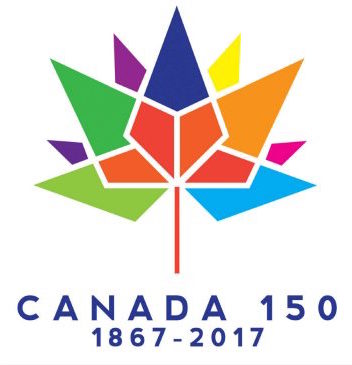Nearly two years after the 100 year anniversary of the Komagata Maru arriving in the Burrard Inlet, Prime Minister Justin Trudeau will offer an official apology in the House of Commons on May 18 for Canada’s discriminatory conduct in turning away over 300 potential immigrants.
The Komagata Maru was a chartered Japanese steamship that sailed from Hong Kong to Vancouver with 376 passengers, most being immigrants from the province of Punjab, India. For two months, the ship was not allowed to dock and the passengers were not allowed to disembark.
Eventually, only 24 returning residents were allowed onto Vancouver’s shores. The rest were turned away for failure to arrive in Canada by way of a “continuous passage.” The Continuous Passage Act was passed in 1908 in response to a slow increase of immigration from India, which was referred to as “the Indian invasion” or “the Hindu invasion,” and remained in effect until 1947.
When the Komagata Maru returned to Budge Budge, India, 19 of the passengers were shot to death.
Apologies from the government
In the week leading up to the annual Sikh celebration of Vaisaki — a commemoration of the birth of the Khalsa and the spring harvest — Trudeau announced that he would be offering an official apology for the incident in Parliament on May 18.
“The passengers of the Komagata Maru, like millions of immigrants to Canada since, were seeking refuge, and better lives for their families,” said Trudeau. “With so much to contribute to their new home, they chose Canada and we failed them utterly.”
The Professor Mohan Singh Memorial Foundation, nonpartisan advocacy organization based in British Columbia, has been actively petitioning the federal government for an official apology since 2002.
When the Komagata Maru returned to Budge Budge, India, 19 of the passengers were shot to death.
Former Prime Minister Stephen Harper offered an apology for the incident in 2008 at a gathering in Surrey, BC. However, many members of the audience immediately expressed that the informal gesture was inadequate. The secretary of state for Multiculturalism and Canadian Identity at the time, Jason Kenny, was accompanying the Prime Minister and stated, “The apology has been given and it won’t be repeated.”
Vancouver-based activist Manveer Singh believes Harper’s apology “did not deliver justice, as it did not acknowledge the fact that the event happened as a result of the racist attitudes in Canada’s federal and provincial legislative houses.”
Significance of the apology
“The significance of this apology is one of closure and one of accountability. There seems to be an idea — a myth — that Canada’s formative years were set on concepts of equality and oneness, when the reality is that there was rampant discrimination in place,” explained Singh.
“This apology will be a step towards mending Canada’s race relations, because we do still have problems with racism. However, the apology itself is only words if we do not address the racism that still occurs today.”
His sentiments were echoed by Naveen Girn, cultural researcher and digitization specialist of the Komagata Maru Memorial Project at the Simon Fraser University Library, and curator of a number of other commemorative exhibitions around Metro Vancouver. Girn said to the Globe and Mail, “The apology being given in Parliament is a circling back to rectify that original wrong,” referring to the discriminatory laws passed in Parliament.
Manveer Singh believes Harper’s apology “did not deliver justice.”
Girn expressed that he hopes Trudeau’s statement addresses the history of wrongdoing against South Asians in Canada, and pointed to the “living legacy” of the Komagata Maru in relation to the lack of security offered for temporary foreign workers today.
Professor of Cinema and Media Arts at York University, Ali Kazimi, believes Prime Minister Trudeau’s apology needs to thoroughly address and recognize Canada’s history of systemic racism, not simply as a “closed chapter.”
Kazimi, who produced “Continuous Journey,” a film about the Komagata Maru, and subsequently authored “Undesirables: White Canada and the Komagata Maru,” told The Star the apology should recognize that “that Canada for the first 100 years of its existence had what was effectively a ‘White Canada’ policy.”
“Trauma and pain are passed down generation to generation,” added Singh, who believes further to the apology, the immediate family members of Komagata Maru survivors should be given reparations.
Commemorating the Komagata Maru
Coinciding with the Prime Minister’s official apology on Wednesday, Carleton University’s Canada-India Centre for Excellence will be hosting the grand opening of the Komagata Maru Exhibition.
Through the depiction of the plight of the passengers, the exhibit attempts to represent “a quest for truth and justice.”
“This apology will be a step towards mending Canada’s race relations, because we do still have problems with racism.”
On May 23, Girn will be hosting the annual Komagata Anniversary Maru Walking Tour, which enables participants, accompanied historians, artists, and community members, to learn about the incident by visiting historical landmarks in downtown Vancouver.
Simon Fraser University, which developed and launched an interactive digital archive for the one-hundredth anniversary of the Komagata Maru, will also be opening the doors of its Surrey campus to the community for a live webcast of the Prime Minister’s apology.




